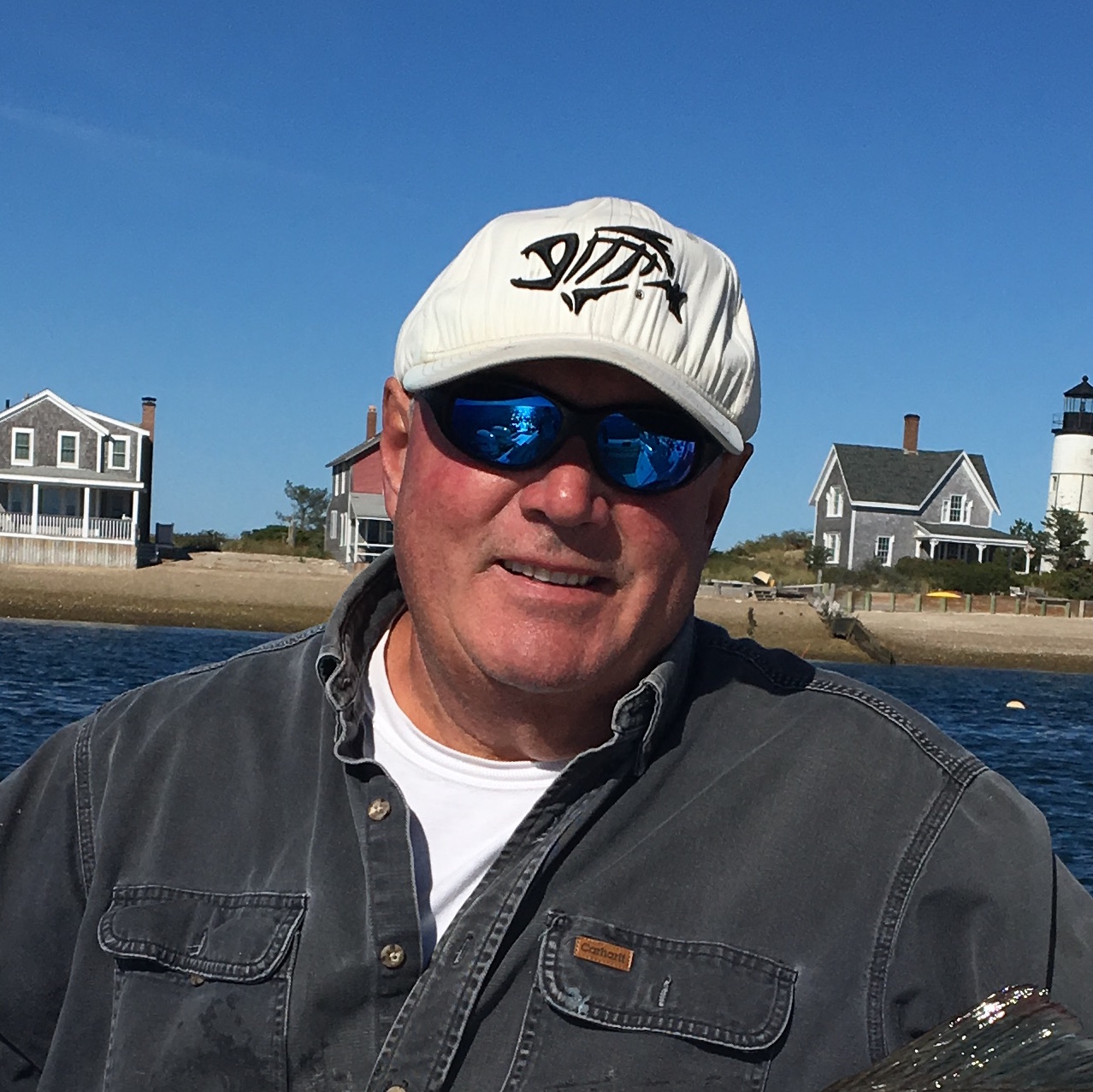
Steve Leary
I am sure we’d all agree that with the many miles of ocean surrounding Cape Cod it can be overwhelming at times sorting out where to fish and when.
Keeping a log and networking are two of the best things you can do to consistently improve your catch.
There are many variables that effect game fish movement and when they feed. Recognizing these variables, tracking and logging them, is a key to success.
There are a number of fishing logbooks available for sale or as apps for your cell phone for logging fishing activity. Aboard my charter boat Wingman, I prefer to use a hand written log supplemented with screen shots of my GPS and sounder.
More...
Operating a charter boat and having to put customers on the fish within a 4 or 6 hour window anytime during the day, poses its own set of challenges.
Here, networking with other captains to share information on daily patterns of fish location, movement and when they “chew” as well as what they are “chewing” is extremely important toward sending happy customers home with bags of fillets.
Keeping a Log
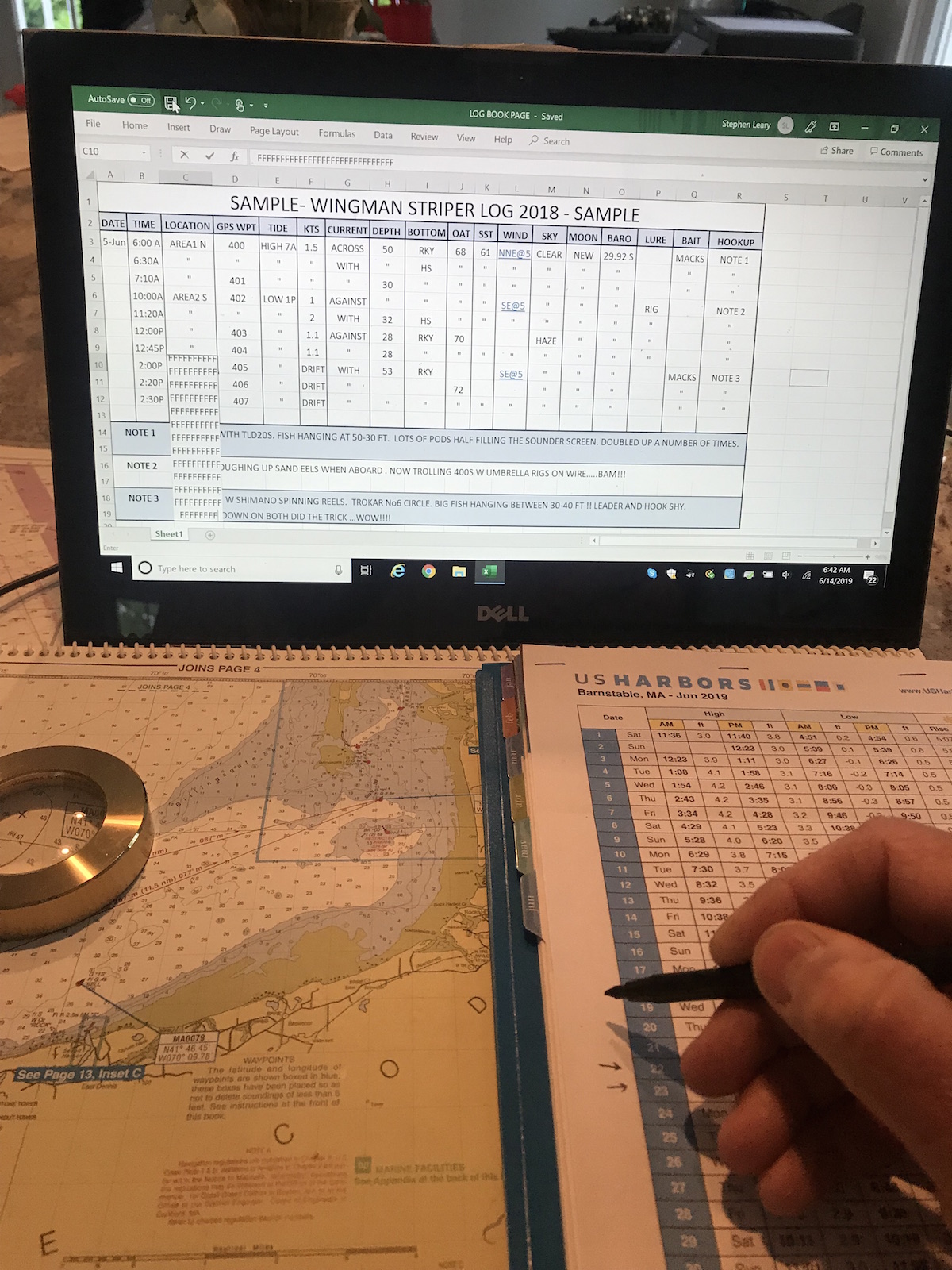
There are a number of variables you can track. In the beginning, I suggest keeping it simple. Tracking these variables whether you hookup or not will assist in establishing a good baseline.
Suggested baseline variables are:
- Day, Date and Time of High, Low and Slack Tide
- GPS Coords Sea Bottom Structure (Sand, Rocky, Weed Beds etc)
- Depth and SpeedSounder Reading (Fish Showing or Not )
- Position Relative to Sea Bottom (Working along an edge, drop-off, hole etc.)
- Fishing Method (Standard or Vertical Jigging, Trolling, Drifting, Top Water)
- Fishing Gear / Line (Spinning, Conventional) / (Wire, Braid, Lead Core, Mono)
- Lure Type (Jigs, Plugs, Hoochies, Spoons, Tubes, Bars)
- Bait Type (Eels, Worms, Macks, Bluefish, Ballyhoo)
If there are other boats in the area, its equally important to note how they are doing. Are they hooking up? If so what method are they using?
Additional variables of importance to consider are:
- Barometer (Rising, Steady, Falling)
- Moon Phase
- Sea Temp and Air Temp
- Wind Speed and Direction
- Trolling Direction (With, Against or Across Current)
- Sky Conditions (Sunny, Cloudy, Hazy, Dark)
- Lure Type and Color
Once you establish a season or so of information, you’ll see patterns begin to develop such as location and time of hookup(s) relative to where you are in the tide and time until next High, Low or Slack tide.
As I book charters for this season, I always refer to my log for the same time frame over the past few seasons i.e. last week of July or mid-August, to determine conditions, where the bite was and what methods were used.
Networking
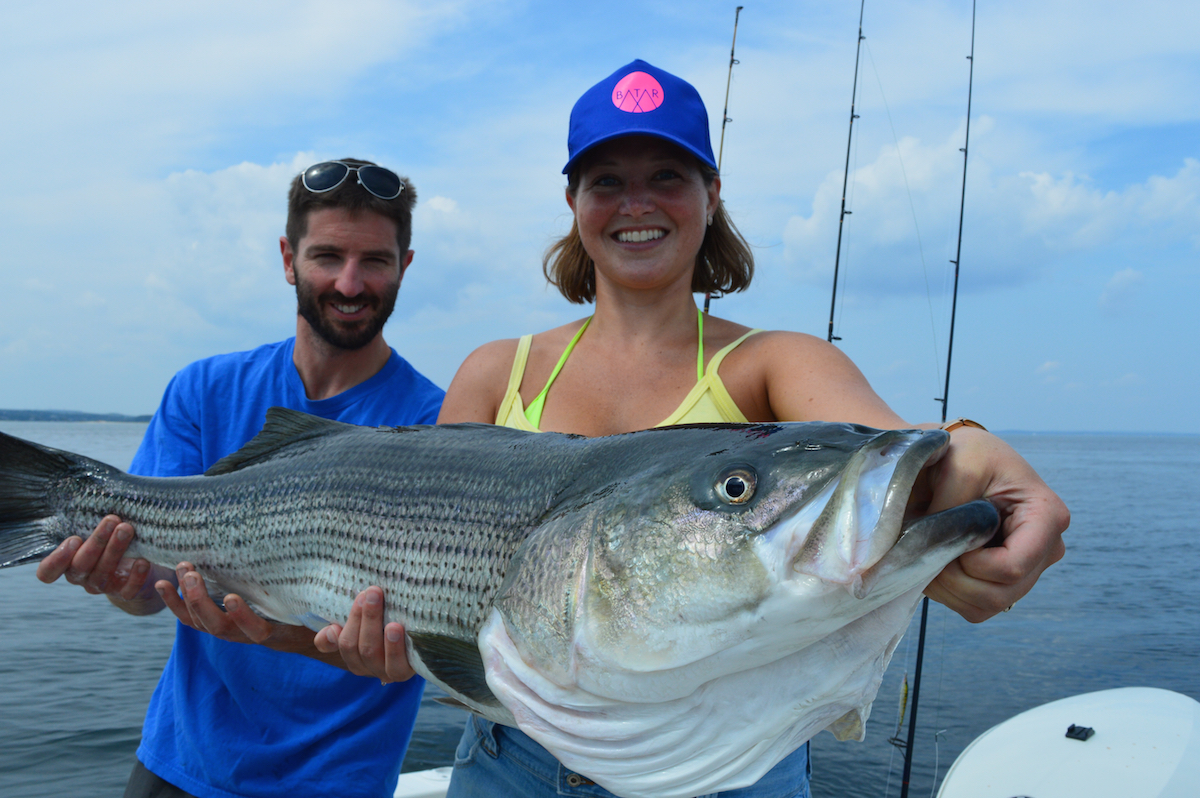
We’ve all heard the adage that 90% of the fish are caught by 10% of the fisherman, or most fish are caught on the “phone”. There is no doubt that obtaining current and accurate information is extremely helpful in consistently improving your catch.
Face it, nobody wants to get skunked. The challenge is determining if the information being offered up is accurate and current. Whether you are a recreational, commercial or charter captain, building and sustaining a reliable network takes time and is based on trust.
I mentioned in the opening of this post the challenges charter captains face putting customers on fish daily. Therefore, we rely on one another for information on fish location, movement and feeding trends. Obviously to catch fish you need to find fish, but that’s only part of the equation. The other equally important elements are what they are eating and how the offering is being presented.
I am fortunate to work with captain John Carty on the Lucky Lady, my dock mate in Barnstable Harbor.
Our relationship and network has developed over a period of years based on trust and a demonstrated willingness on my behalf to work at it and learn. Recently, having become Pro-Staff member at Goose Hummock, I now have an expanded network with Phil and the other Pro-Staff Captains.
Prior to becoming a Charter Captain my network primarily consisted of friends who fished, information obtained online and at local tackle shops.
I found that the more input I obtained from people I knew personally (contrasted to people I didn’t know) the better off I was. After sorting through it all, most times a common thread became apparent and that’s what I went with.
Obviously, some “weeding” took place from information offered by those we’ve all met at the boat ramp saying “We Slammed Em” when all they were carrying off a squeaky-clean boat was a white trash bag full of empties!
I hope you’ve found this information helpful. I takes time to start a log book and track relevant information, just as it also takes time to build and create a reliable network. Investing time in these two aspects of fishing will consistently increase your catch.
Fair Seas and Tight Lines!
Captain Steve Leary, Wingman Sportfishing
Barnstable Harbor, Cape Cod
774-238-1011
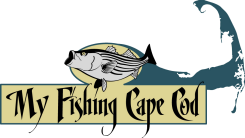
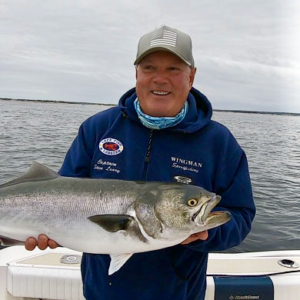
Enjoyed the post Captain Steve, thank you. Getting my Excel log fired up this weekend…time to get my paper notes and back of envelope “don’t forget” info captured electronically. Very glad you did the Podcast with Kevin…was nice to learn more about you, your business, and your passion for Cape Cod. Thanks, Drew
Steve, thanks for sharing! I am a relativley new fisherman trying my best to learn how to fish the right way. The forum has been very helpful, and these are great tips for someone new looking to lay a foundation without feeling overwhelmed.
Hi John,
Glad you found my post helpful.
It can be overwhelming in the beginning. I was there too!
Keeping even a simple log and networking with friends does make a world of difference. I agree the MFCC forum is a great resource
for relevant real-time information.
Please feel free to contact me with any questions.
Tight Lines
Capt. Steve Leary
Wingman Sportfishing
Barnstable Harbor, Cape Cod
Steve, incredibly thorough explanation of all it takes to “do it right” when it comes to consistently finding your targeted fish species. Many people don’t understand the work involved behind “good fishermen” and their hours of bringing their experiences to fruition.
Hi Mike,
I am glad you enjoyed the post. Thanks for the kind words. You have experienced first hand how keeping a log and networking have resulted in great trips aboard Wingman.
See you soon.
Steve.